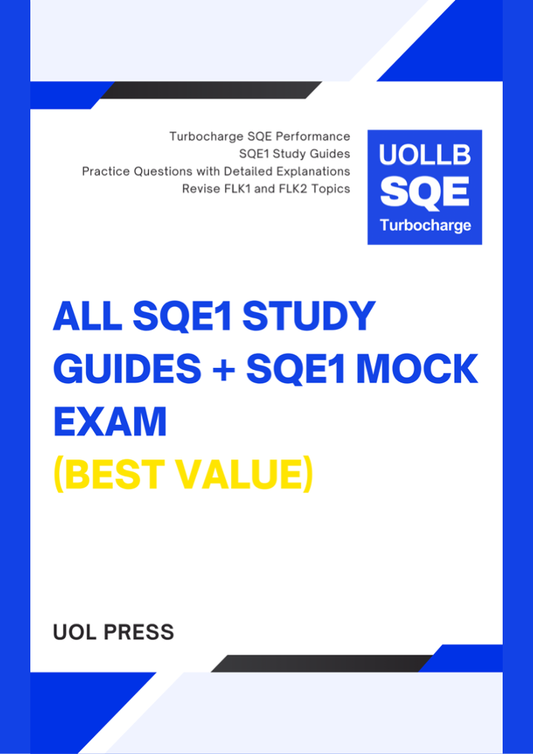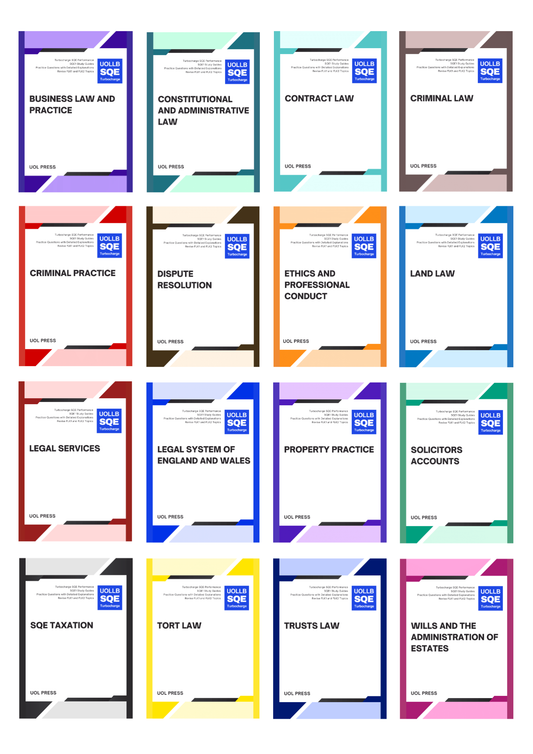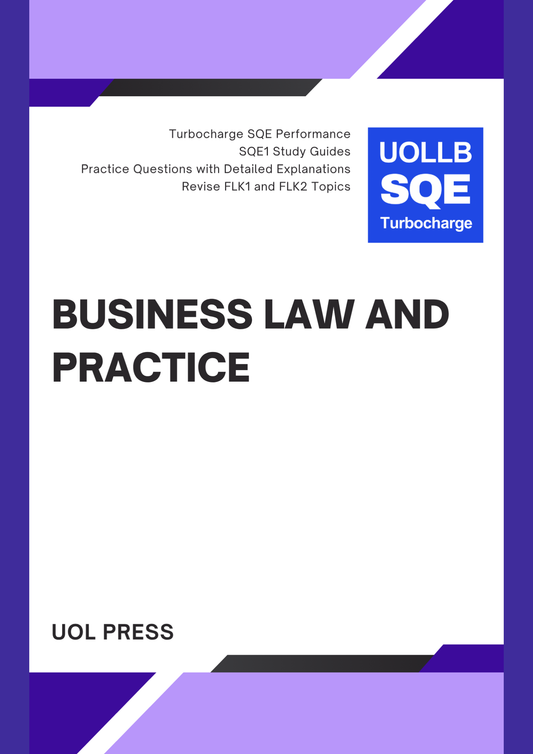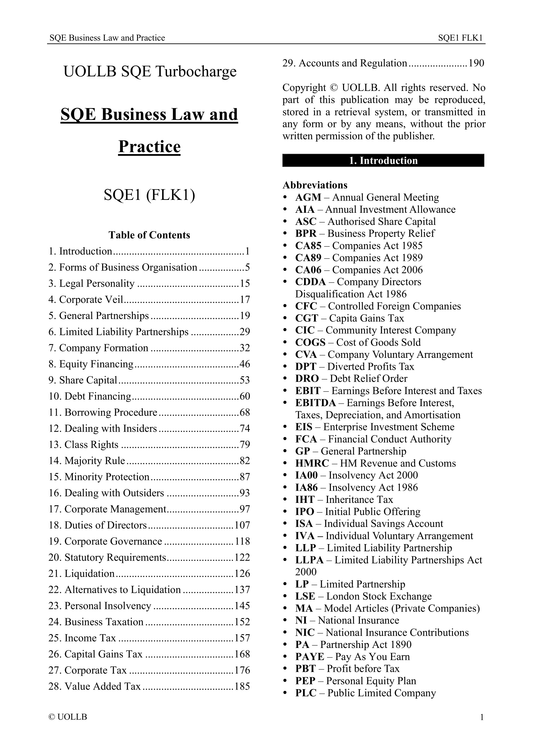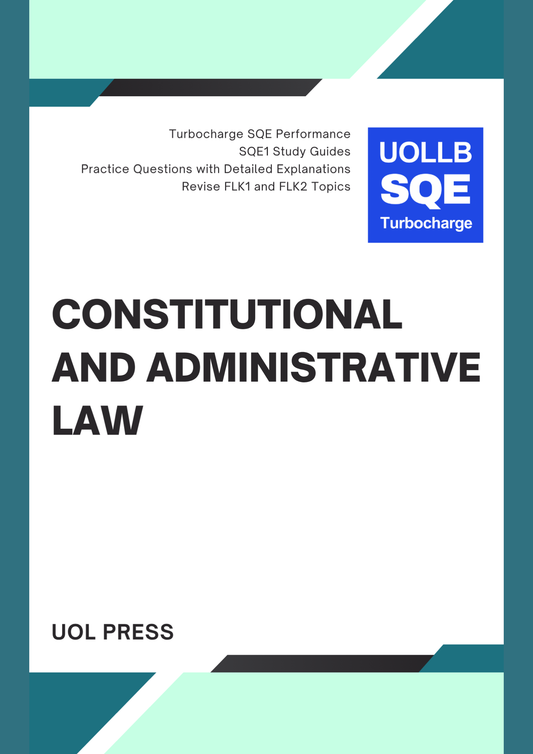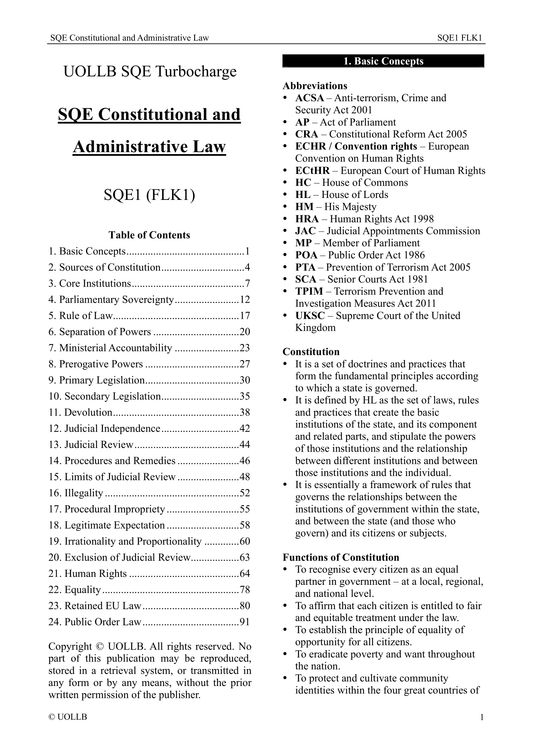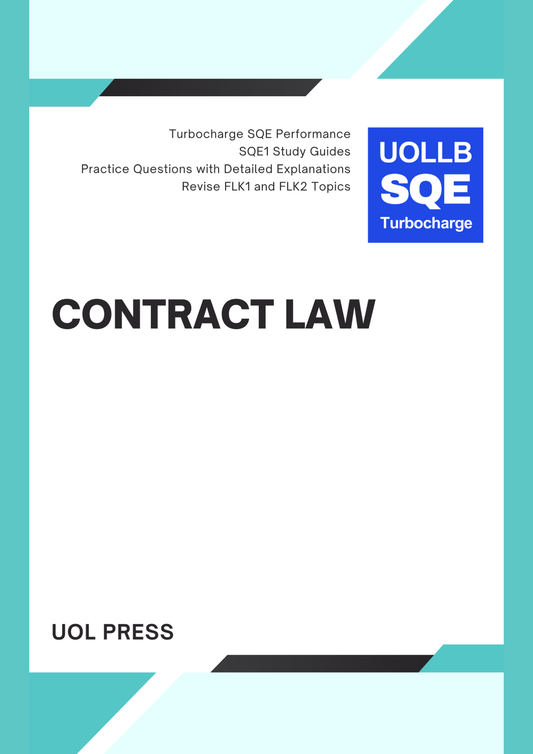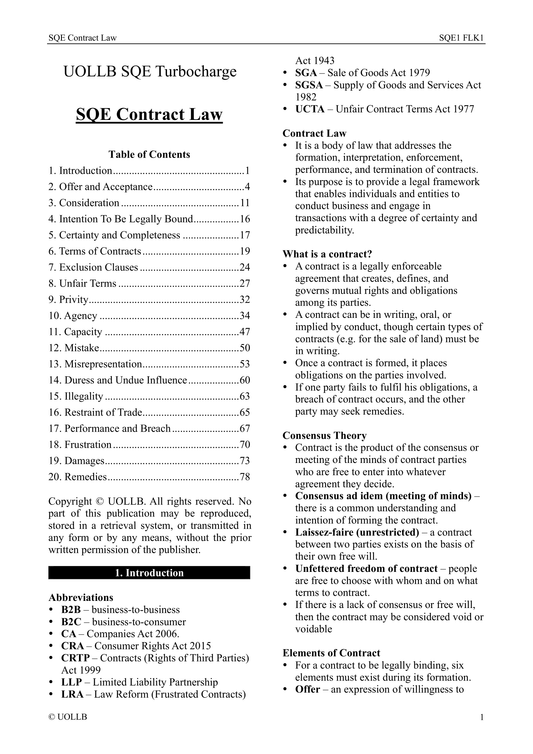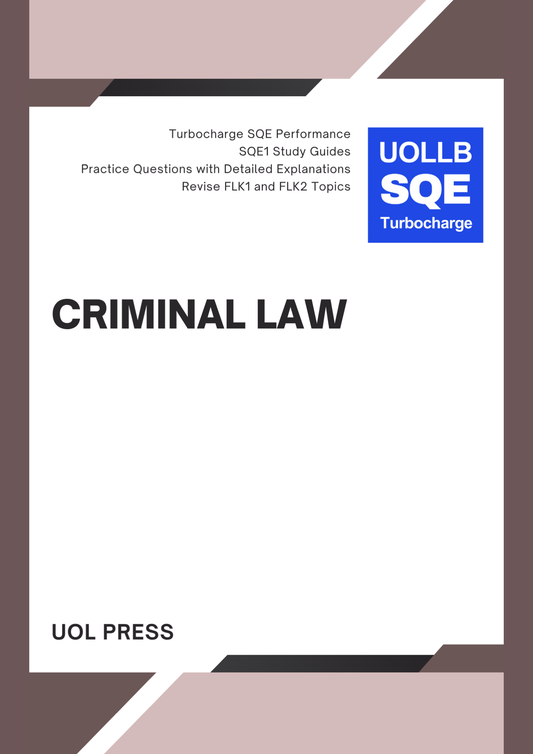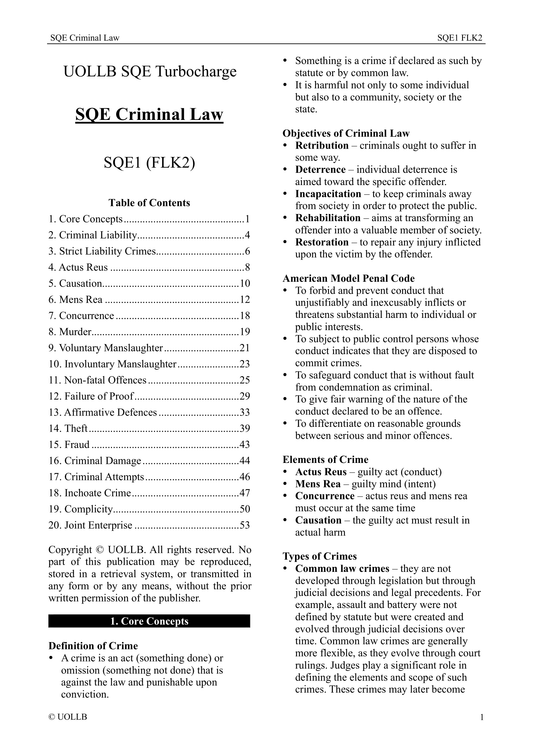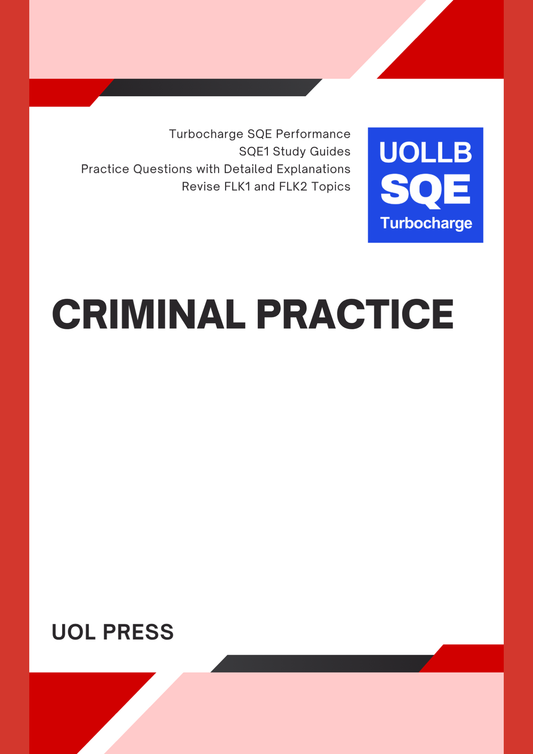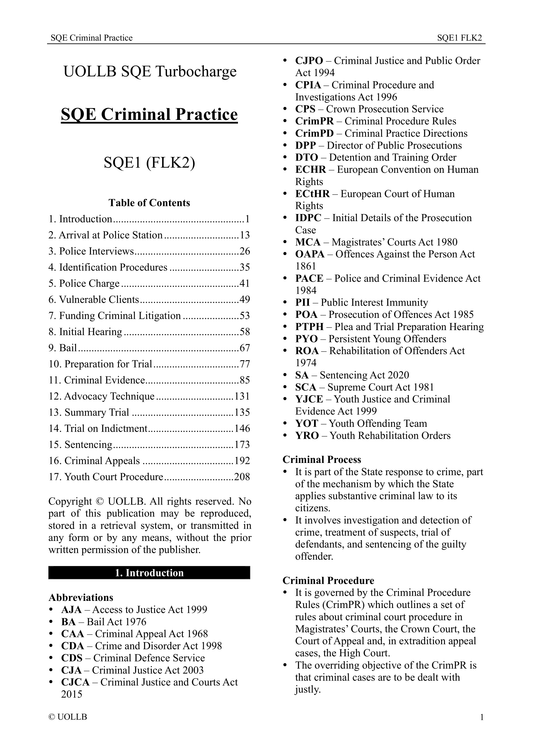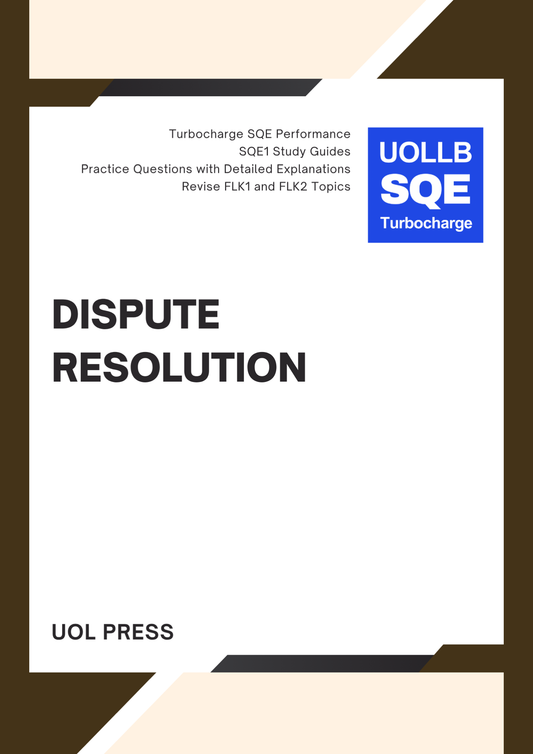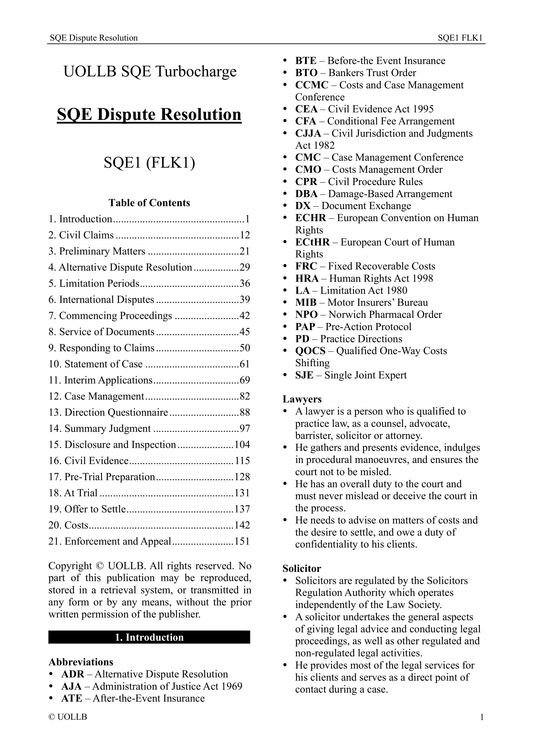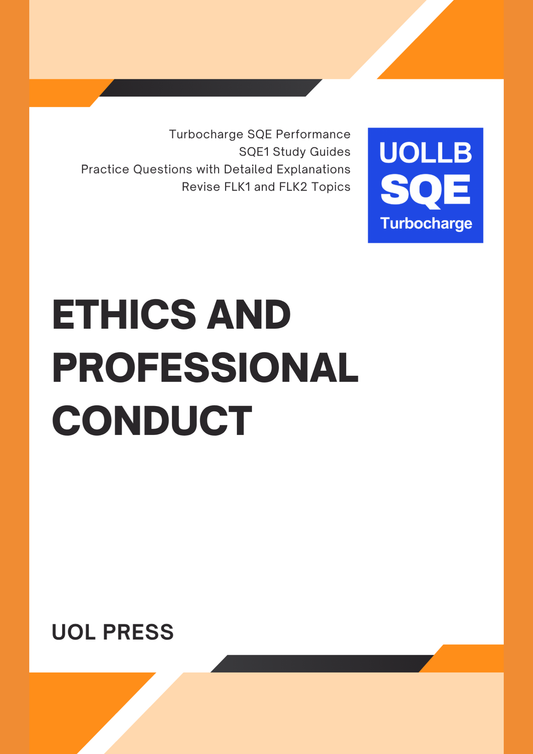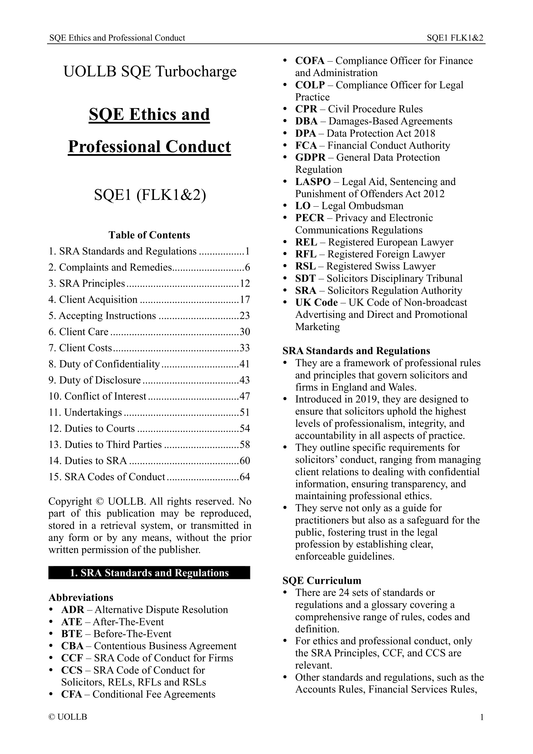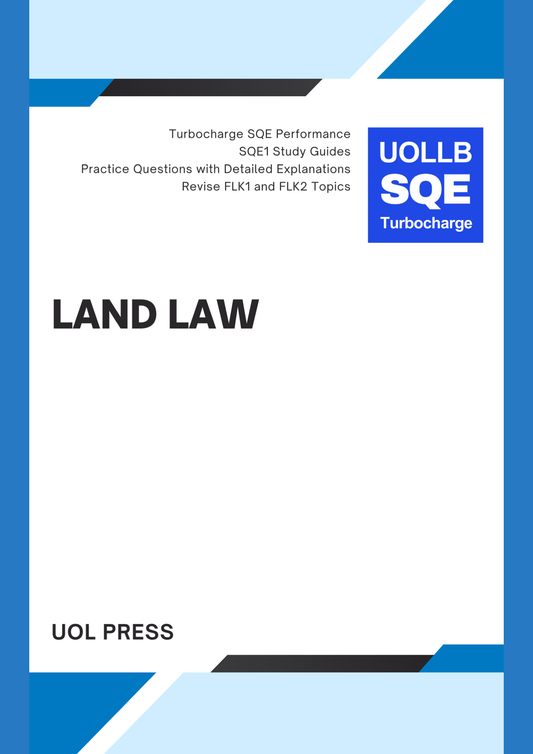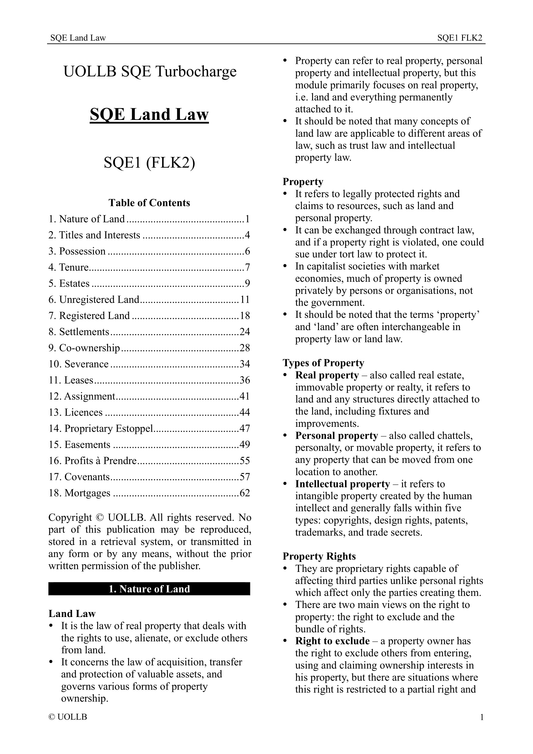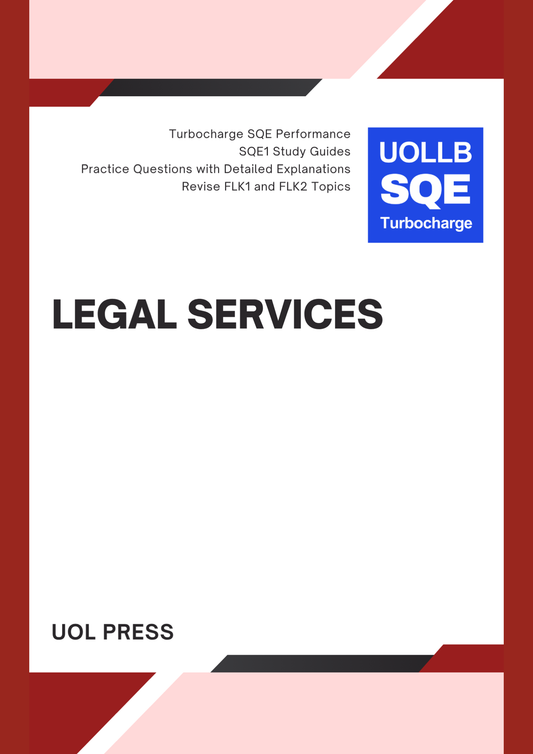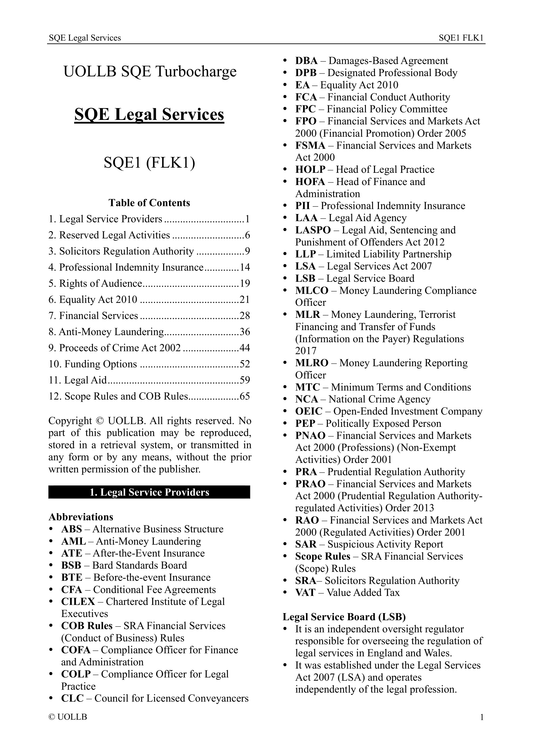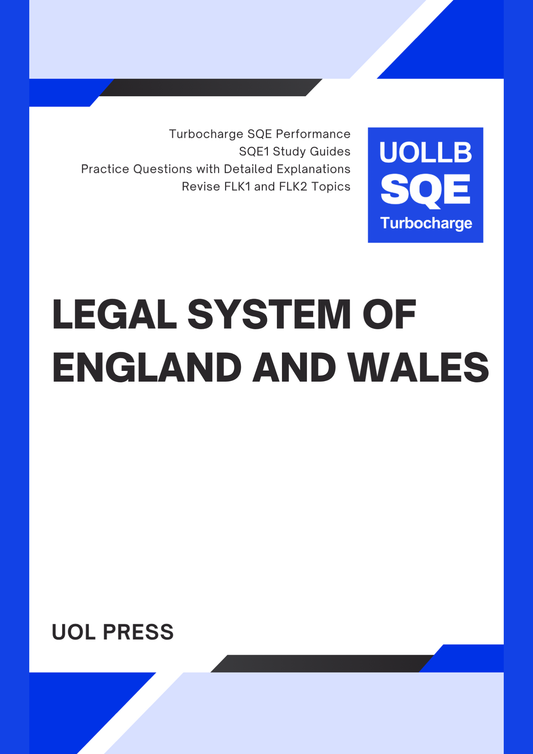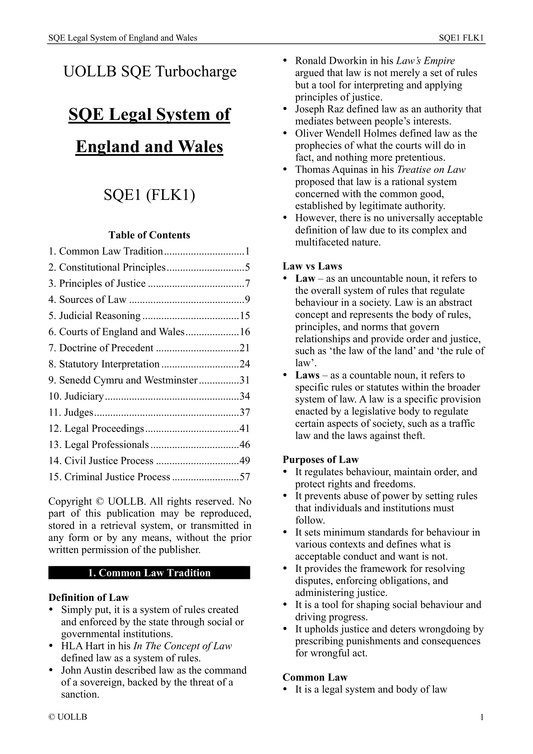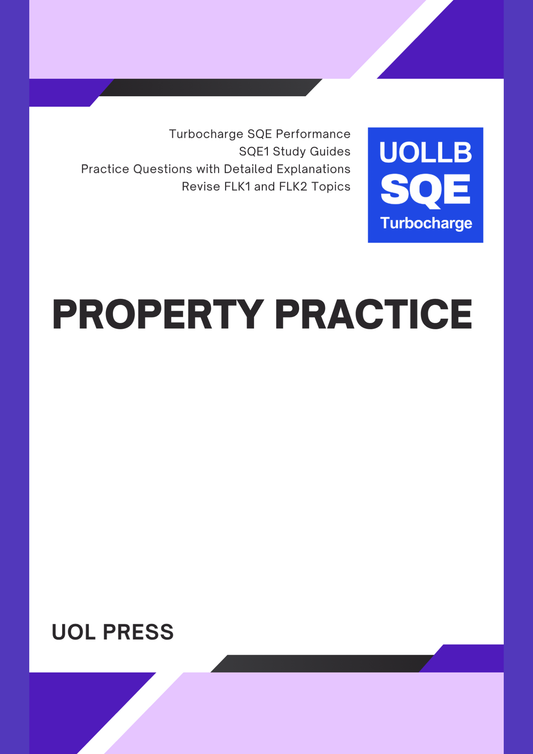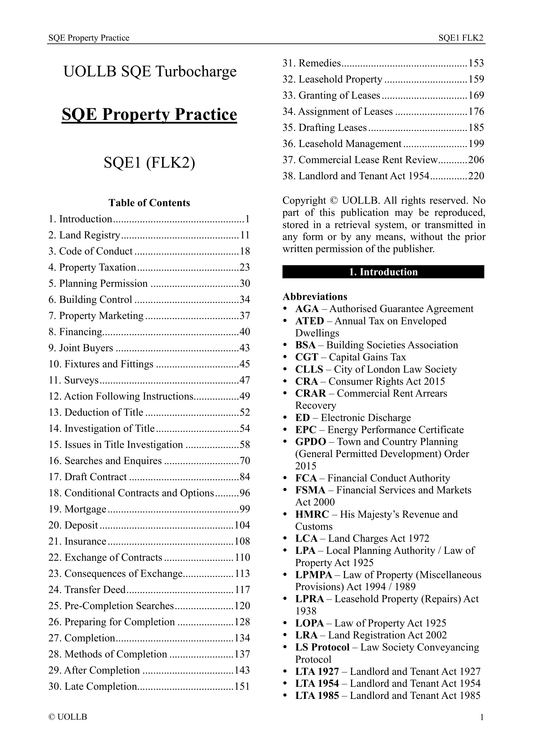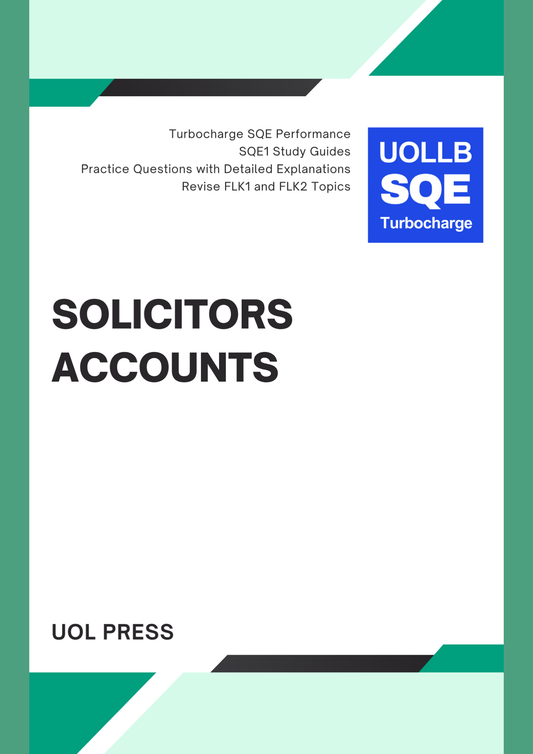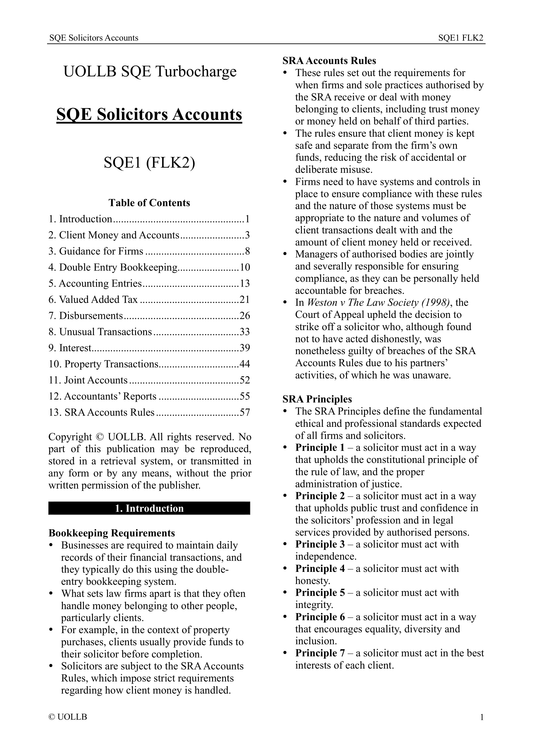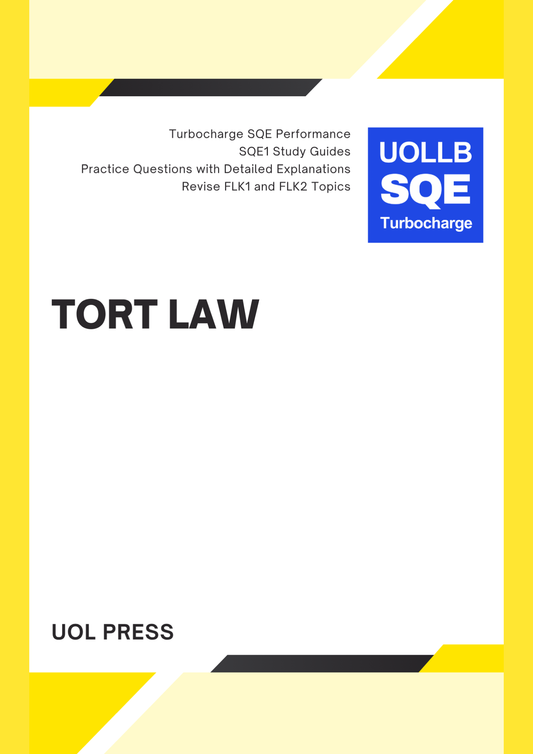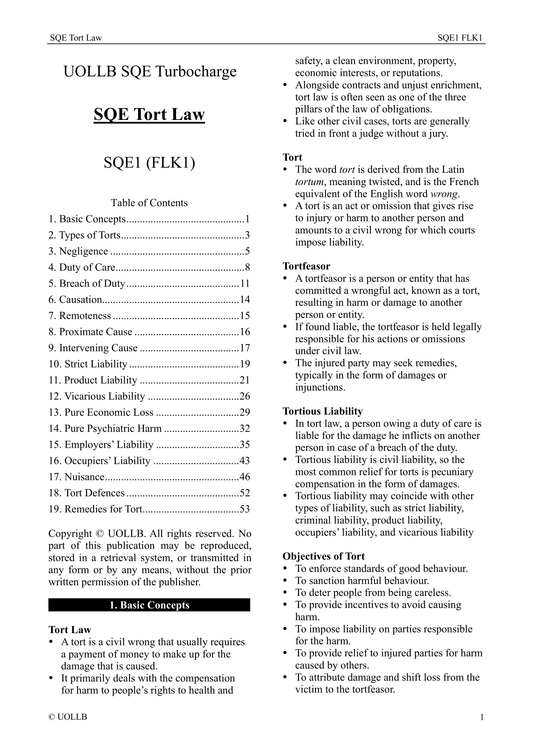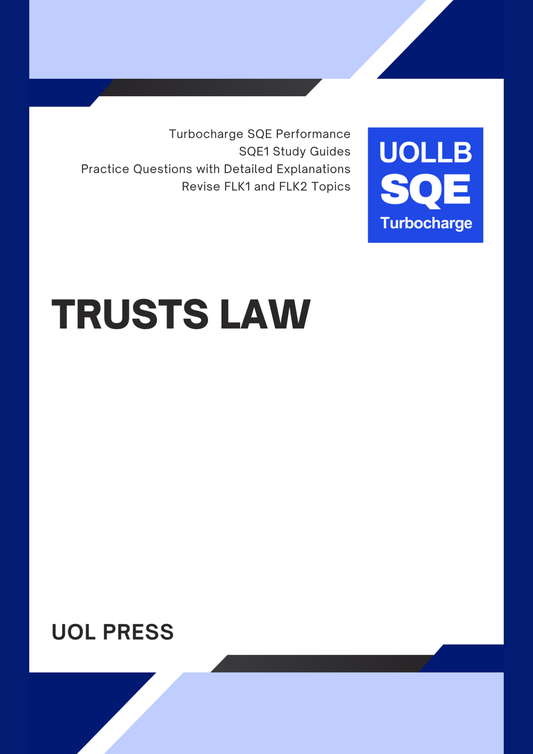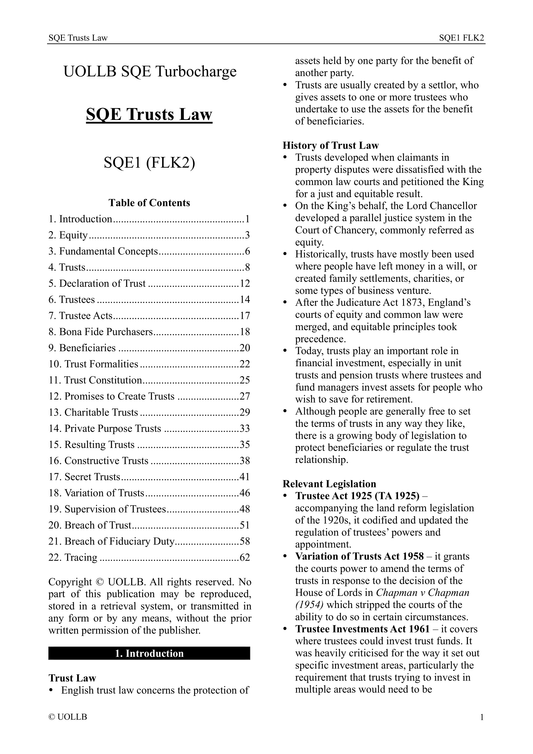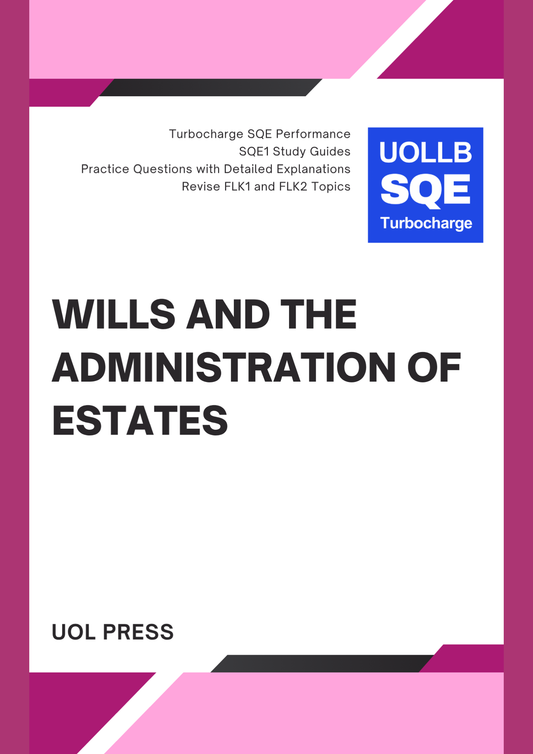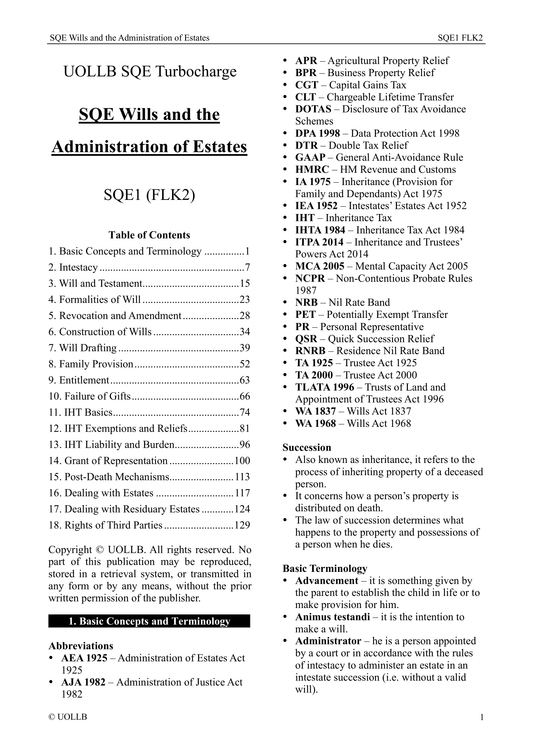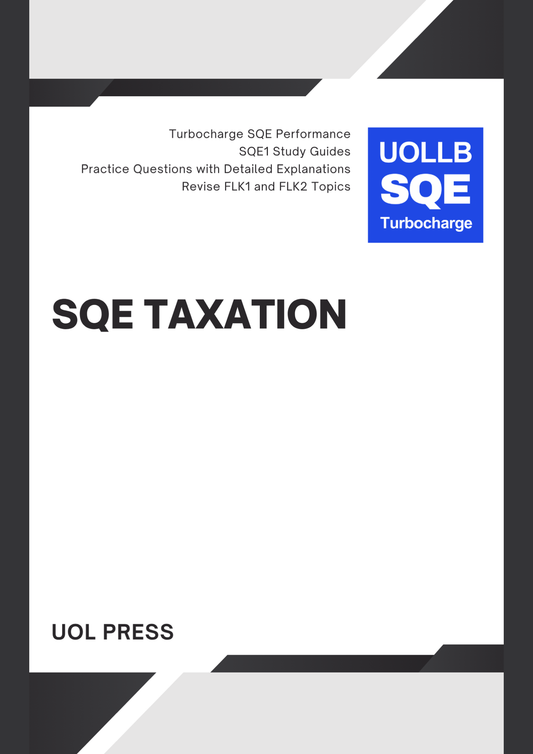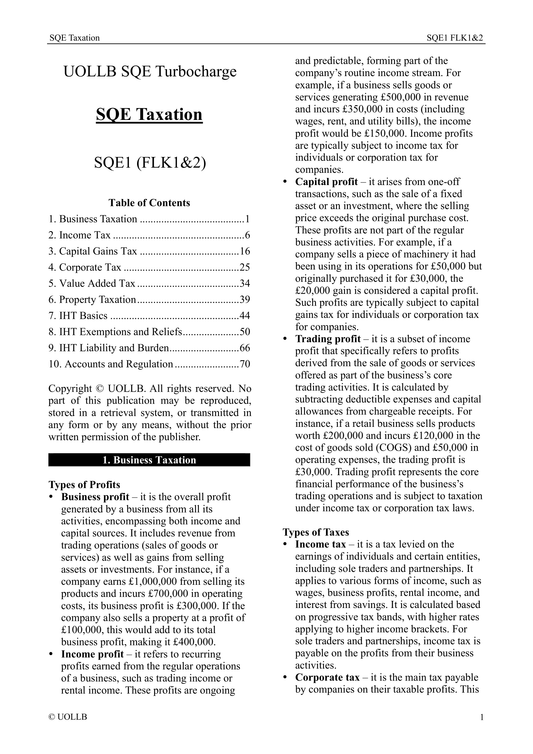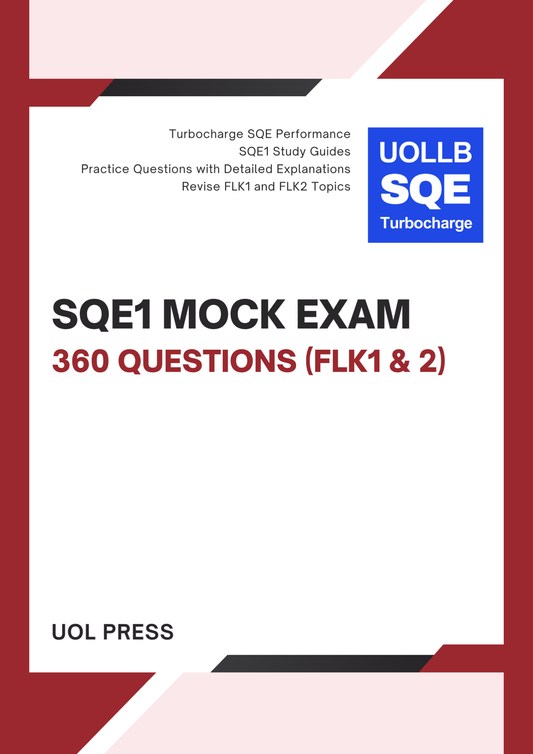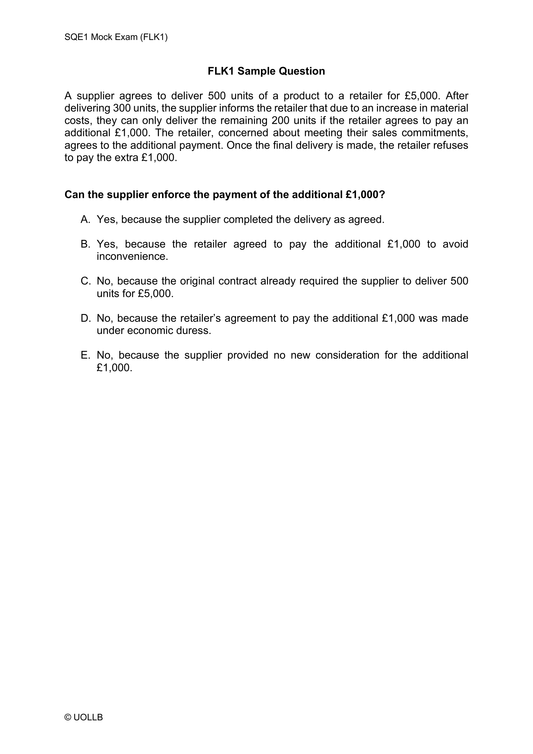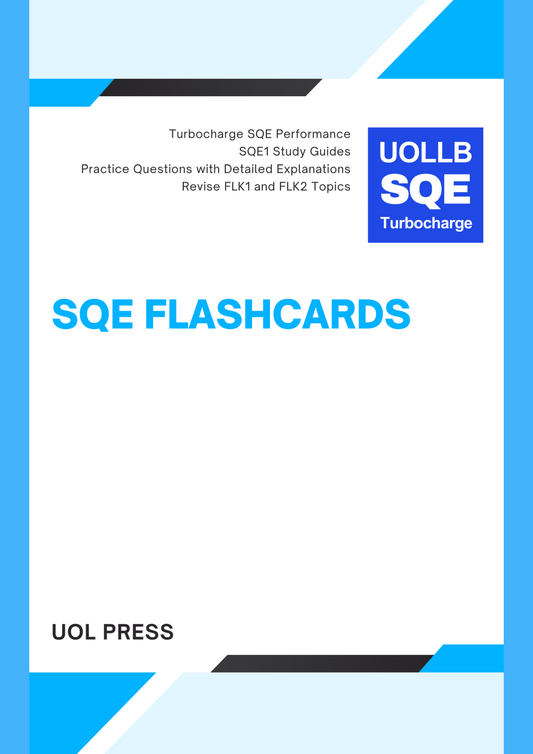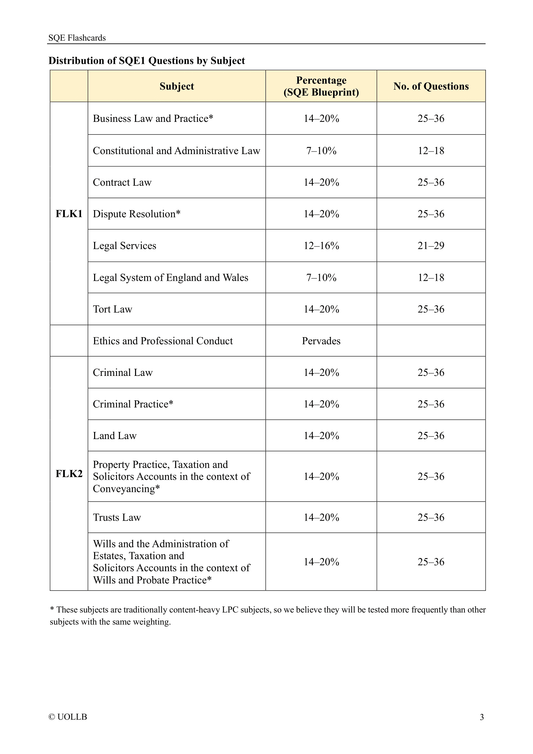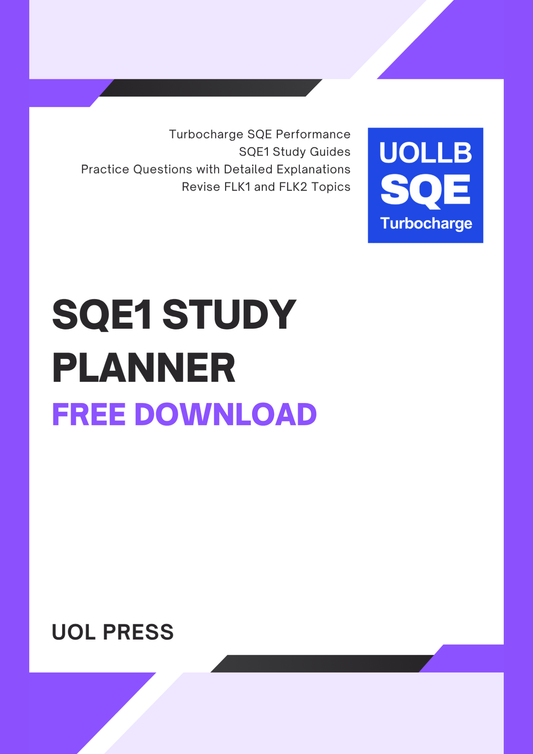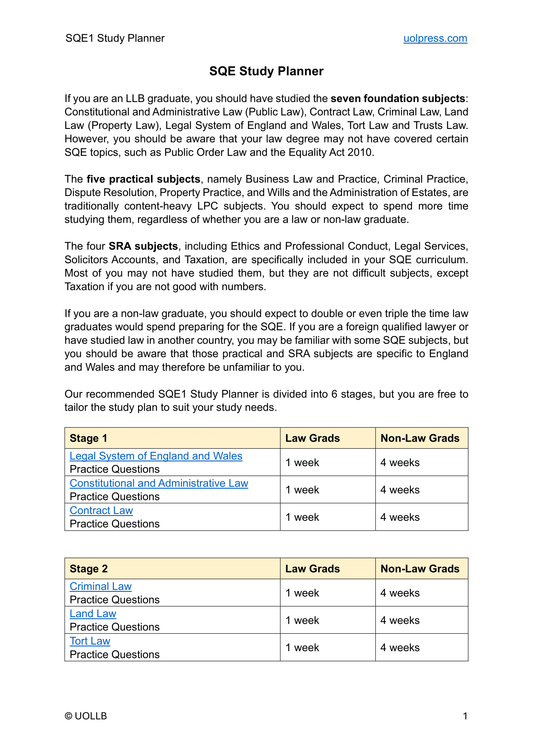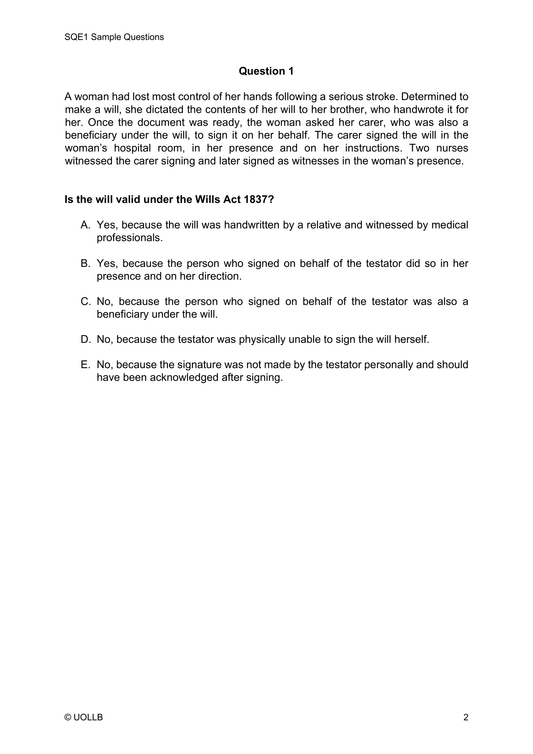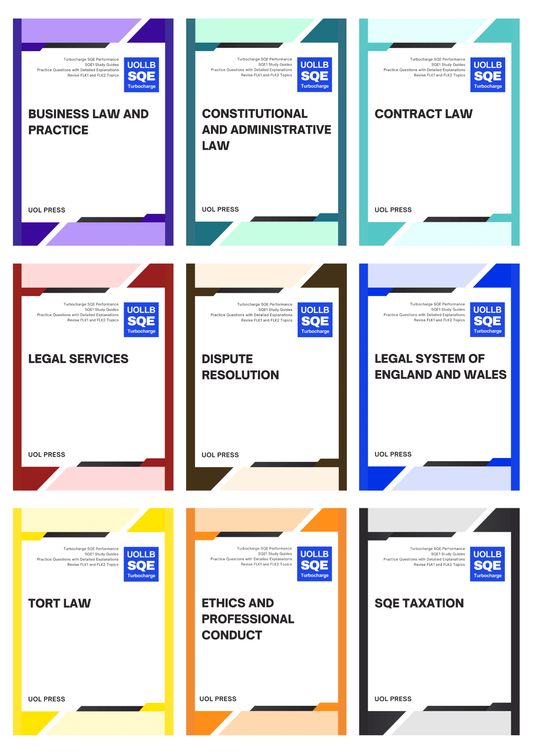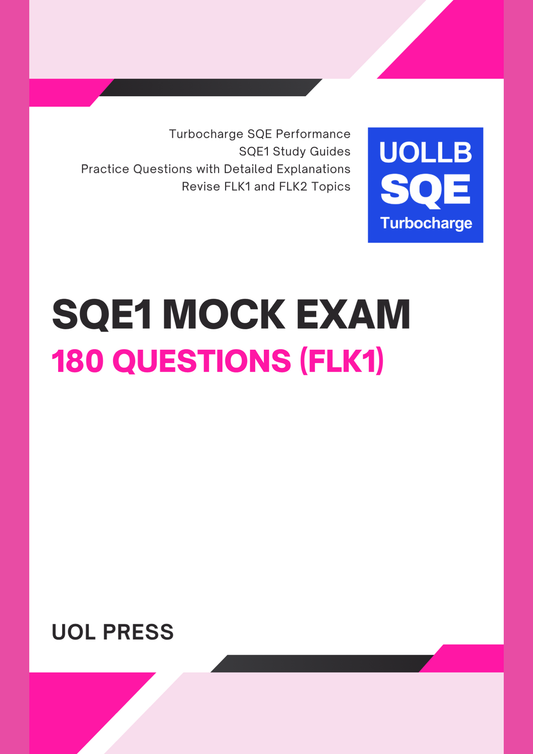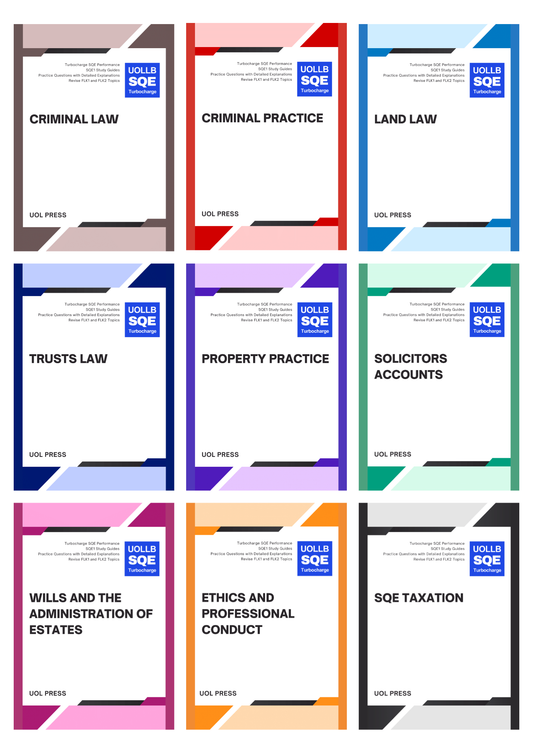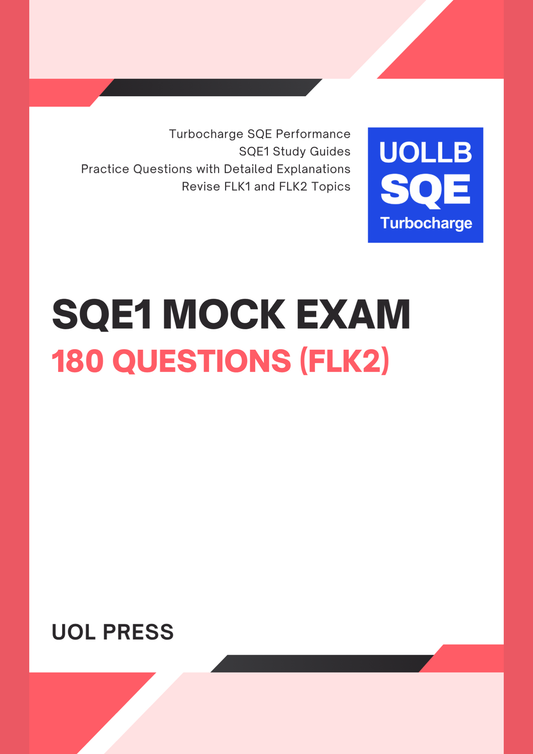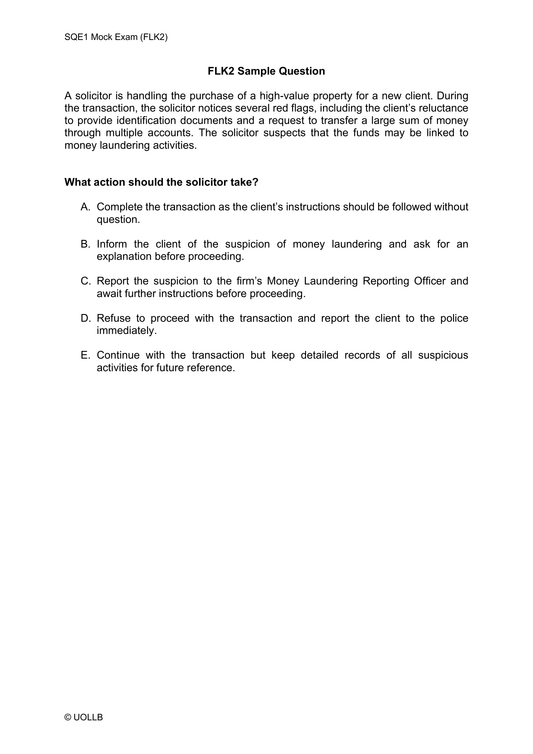When Should You Take SQE2 After Passing SQE1?
Share
Passing SQE1 is a major milestone on your journey to becoming a solicitor. It proves your mastery of the Functioning Legal Knowledge (FLK) across a wide range of core legal subjects. But once you have cleared this hurdle, you may wonder when the best time is to take SQE2. Our recommendation is within six months of passing SQE1.
The primary reason to take SQE2 within six months of passing SQE1 is the direct connection between the two stages of the SQE. SQE2 assesses your legal skills and how you apply the law in real-world, professional contexts. It assumes you still retain the legal knowledge tested in SQE1. The legal skills you are tested on in SQE2, such as client interviewing or legal drafting, must be grounded in FLK.
Waiting too long between SQE1 and SQE2 can undermine your performance. As with any large body of information, your memory of legal knowledge fades over time, especially if it is not consistently reviewed and applied. If you delay taking SQE2, you risk having to revisit and re-learn areas of law that you had previously mastered, making your SQE2 preparation more time-consuming and frustrating. Taking SQE2 within six months keeps your knowledge fresh and your momentum strong.
Six months is also the perfect amount of time to prepare effectively for the six legal skills of the SQE2 assessments. These are:
1. Client interview and attendance note/legal analysis, where you meet a client, ask relevant questions, and then produce a written record with legal analysis;
2. Advocacy, where you present oral submissions before a legal decision-maker, such as in an interim application in civil litigation;
3. Case and matter analysis, where you assess a legal matter, identify relevant issues, and propose next steps.
4. Legal research, where you are given a client query and must find, apply, and explain the law clearly and accurately.
5. Legal writing, where you draft a professional communication, such as a letter or email, in a form suitable for the intended audience.
6. Legal drafting, where you must draft part of a legal document, such as a contract clause or a will provision.
With a six-month window, you can develop a solid study plan that covers each of these tasks. We believe you will have enough time to learn the skill, practise under timed conditions, get feedback, and improve. You will also have enough time in your schedule to revise your FLK if you need to.
Another key benefit of taking SQE2 soon after SQE1 is continuity. When you have just come out of the demanding study process for SQE1, your mind is already conditioned to think like a lawyer. You have built up discipline, legal reasoning ability, and exam technique. Capitalising on that momentum by transitioning directly into SQE2 study keeps you in peak performance mode. Taking a long break can lead to inertia because restarting your studies months later can be mentally draining, and you may find it harder to re-engage with both the content and the intensity required.
In short, we believe the ideal time for you to take SQE2 is within six months of passing SQE1. Your legal knowledge is still current, your study discipline is intact, and you have more than enough time to learn and practise the six assessed legal skills. As you keep your momentum going, you give yourself the best possible chance of passing SQE2.
